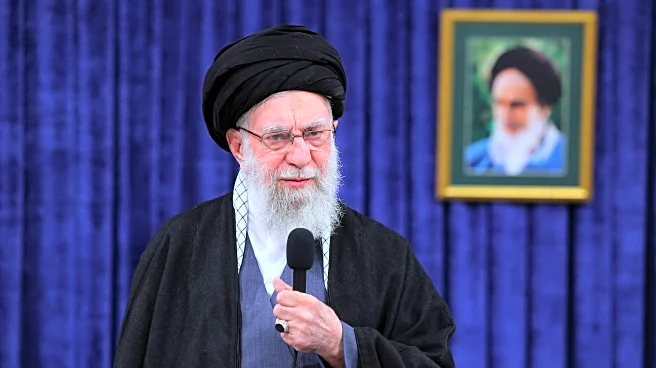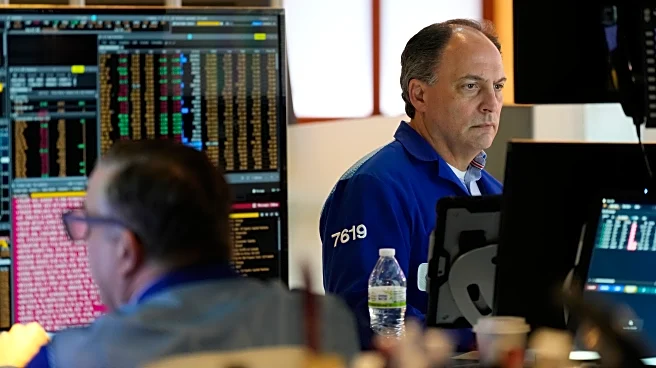What's Happening?
The Savannah Bananas have announced a major expansion of their Banana Ball league, introducing two new teams: the Loco Beach Coconuts and the Indianapolis Clowns. The league will tour 75 stadiums across 45 states, aiming to reach 3.2 million fans. The expansion includes playing in 14 MLB parks and 10 football stadiums, with venues ranging from large stadiums like Texas A&M's Kyle Field to smaller ones like Billings, Montana's Dehler Park. The league will feature a 50-game regular season, with playoffs culminating in the Banana Bowl on October 10, 2026. The new teams will have 'prime-time coaches' for major games, enhancing the league's entertainment value.
Why It's Important?
This expansion represents a significant development in sports entertainment, challenging traditional baseball formats by integrating entertainment elements into the game. The inclusion of the Indianapolis Clowns, a team with historical significance, underscores efforts to honor and preserve baseball's cultural heritage. The league's ability to attract large audiences and fill major venues indicates a growing demand for innovative sports experiences, potentially influencing how sports are marketed and consumed. The expansion could lead to increased competition among sports leagues to capture audience interest.
What's Next?
The Banana Ball league will begin its 2026 season with preseason games and a tournament to determine playoff spots. The league's expansion may prompt traditional baseball leagues to innovate their offerings to compete for audience attention. As the league grows, it may explore international expansion, although current plans focus on U.S. venues. The success of the Banana Ball league could inspire similar entertainment-focused sports leagues, altering the sports industry landscape.
Beyond the Headlines
The revival of the Indianapolis Clowns highlights the importance of cultural and historical preservation in sports, potentially sparking renewed interest in the history of the Negro Leagues. The league's focus on entertainment and fan engagement could lead to broader discussions about the future of sports as a form of cultural expression and community building.










